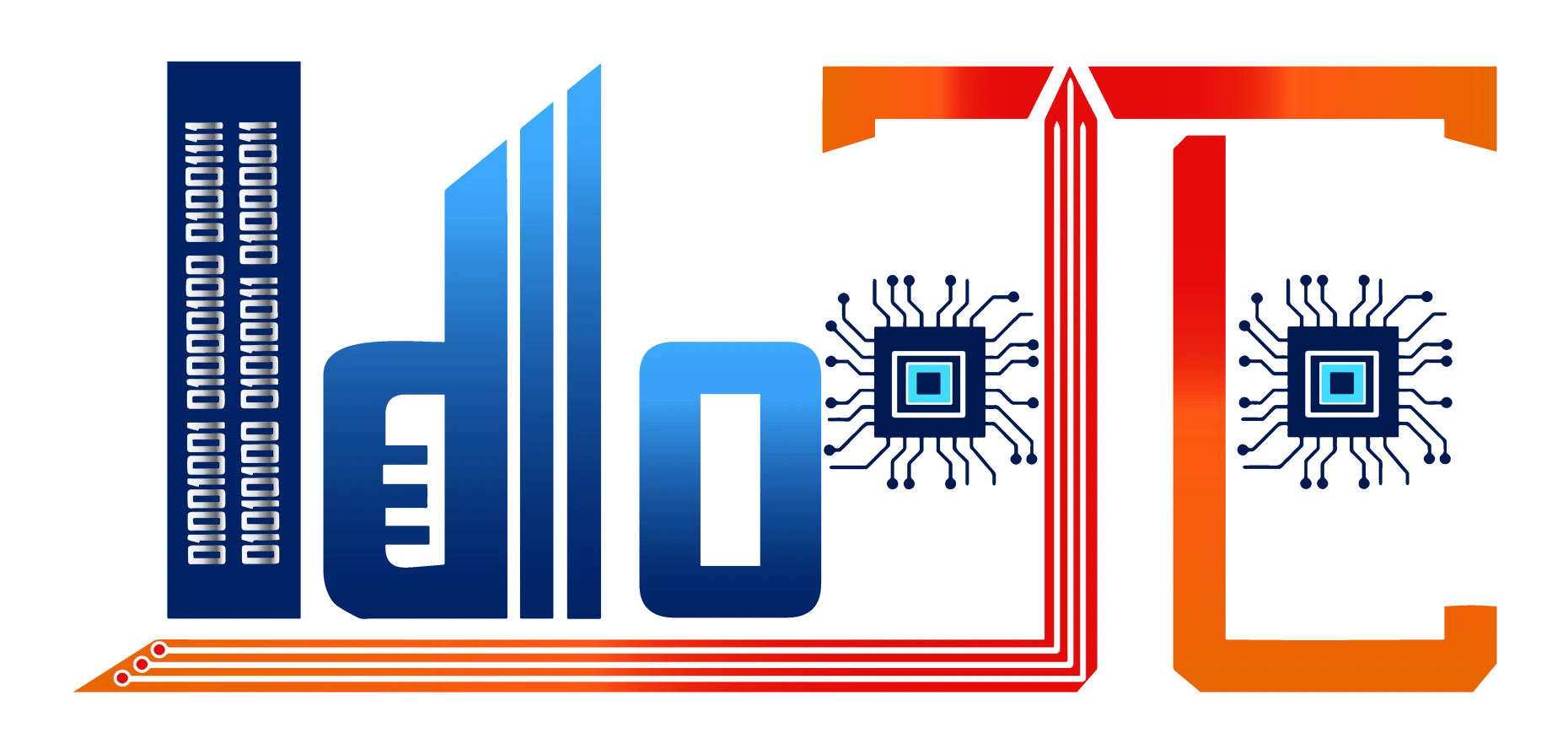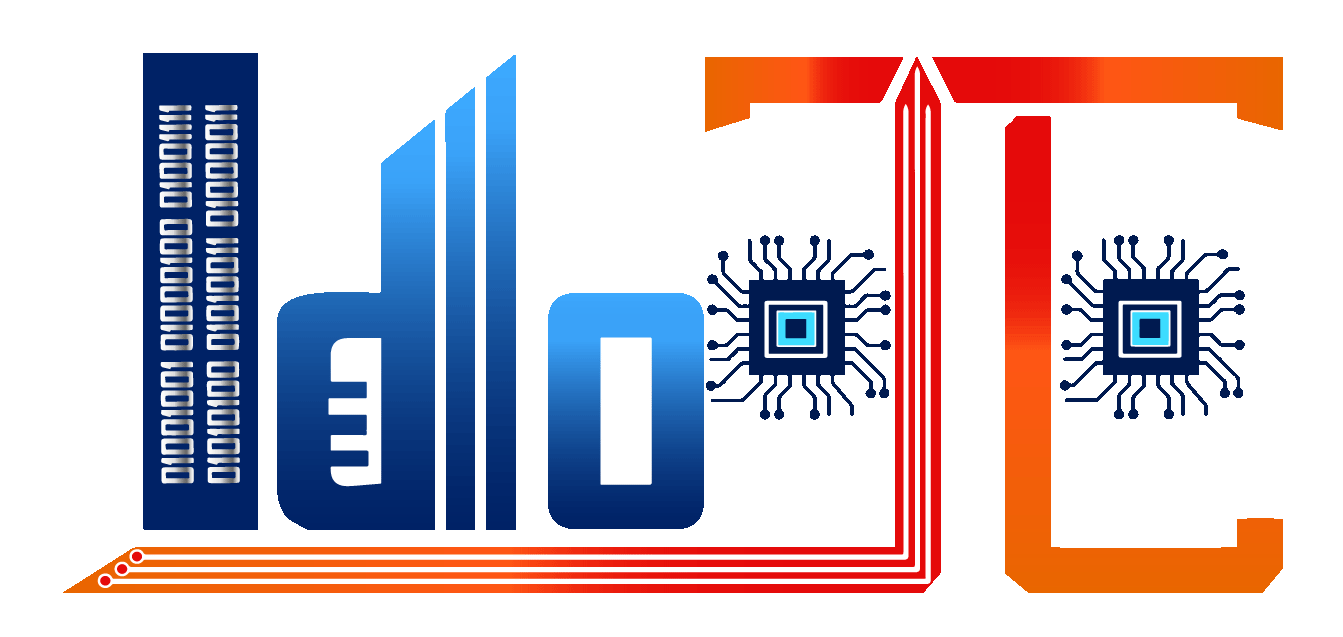The first quantum computer using a silicon chip: a “watershed moment” for future computing.
A UK startup, Quantum Motion, has announced the world’s first full-stack quantum computer using familiar CMOS silicon chips—the same type of chip that dominates the electronics industry. The system has been installed at the National Quantum Computing Centre (NQCC) and is being hailed as the “silicon moment” for quantum computing.
Unlike superconducting or photonic-based platforms, Quantum Motion’s technology uses silicon spin-qubits, an architecture that can be scaled up gradually, much like the way transistors have evolved in traditional microprocessors. Remarkably, the entire system—from the processor and control unit to the dilution refrigerator—is contained within just three standard racks and is compatible with popular quantum software like Qiskit and Cirq. This is considered a significant engineering leap compared to today’s bulky quantum machines.
However, the company has not yet released key metrics such as the number of qubits, reliability, or coherence times. Experts believe the system’s viability and actual power will only be proven after the NQCC conducts tests in the coming months.
According to Professor John Morton (University College London), co-founder of Quantum Motion, using silicon chips opens up the prospect of building more affordable commercial quantum computers by leveraging existing global chip manufacturing infrastructure. Meanwhile, an independent quantum technology expert in the US commented: “If successful, the silicon platform could become the shortest path to taking quantum computing from the lab to a real-world data center.”
Analysts also emphasize that this milestone reflects the UK’s long-term strategy of promoting the commercialization of quantum computing, while also opening up direct competition with the US, China, and Europe. In terms of vision, shrinking the system down to a few racks shows the potential to popularize quantum computers, instead of limiting them to specialized laboratories.
Despite many unanswered questions, Quantum Motion’s move is seen as an important signal for the future of quantum computing, as silicon technology—which has already changed the world of classical computing—could continue to lead the next-generation computing revolution.

